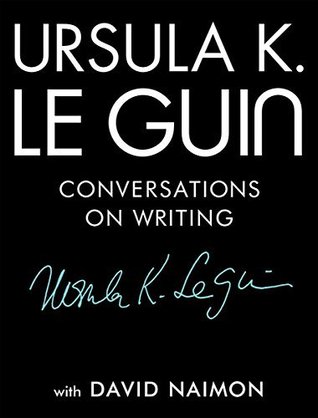More on this book
Community
Kindle Notes & Highlights
Beneath memory and experience, beneath imagination and invention, beneath words, there are rhythms to which memory and imagination and words all move. The writer’s job is to go down deep enough to feel that rhythm, find it, move to it, be moved by it, and let it move memory and imagination to find words.
If you say that story is about conflict, that plot must be based on conflict, you’re limiting your view of the world severely. And in a sense making a political statement: that life is conflict, so in stories conflict is all that really matters. This is simply untrue. To see life as a battle is a narrow, social-Darwinist view, and a very masculine one. Conflict, of course, is part of life, I’m not saying you should try to keep it out of your stories, just that it’s not their only lifeblood. Stories are about a lot of different things.
You’ve been a strong voice behind the idea that science fiction and fantasy are as much literature as realist or mimetic fiction or memoir. At one time you even said, “Fake realism is the escapism of our time.” You describe a long uninterrupted lineage for fantasy back to the Mahābhārata and Beowulf.
Taking that a step further, I wonder if the resistance to considering fantasy or science fiction as literature is partly because of the elevation of the non-human in it, of the decentralization of humanity with regard to intelligence or otherwise. UKL: You are right on it there. There is real resistance to this. And this is behind a lot of the resistance to science. Because science—not just Copernicus, most science—moves us away from the center of things. Because we aren’t. You find out how unimaginably old the Earth is and you feel sort of dethroned. Many people can’t bear it. They hate it.
...more


